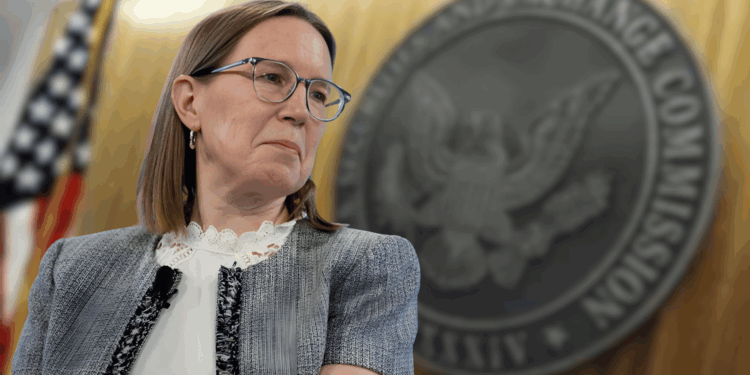- Tokenized securities are still securities, and must comply with all existing U.S. federal securities laws.
- Ownership structure matters—tokens may represent direct ownership, entitlements, or derivatives like security-based swaps, each with distinct legal implications.
- The SEC encourages firms to engage proactively to address novel questions and consider potential rule modernization.
Tokenization is reshaping how assets are represented and traded, offering potential benefits like improved capital formation and easier collateralization. But despite the hype, the U.S. Securities and Exchange Commission (SEC) reminds market participants that tokenized securities are still securities—and subject to the same laws as traditional instruments. This note outlines how these laws apply and urges industry players to remain compliant even in the onchain era.
Tokenizing Securities: Models and Risks
There are generally two tokenization models:
- Issuer-Tokenized Securities: A company tokenizes its own equity or shares.
- Third-Party Tokenization: An independent custodian issues tokens representing securities it holds or entitlements to them.
The latter model introduces counterparty risk, as the token’s value is contingent on the custodian’s solvency and behavior. Investors must consider whether they truly own the underlying asset or just a derivative tied to it.
Legal Classification of Tokens
Even though these instruments are on a blockchain, their legal categorization remains grounded in traditional securities definitions:
- A token can be a receipt for a security, meaning it’s distinct from the underlying security but still classified as a security itself.
- If the token doesn’t grant direct ownership, it may qualify as a security-based swap, which cannot be traded by retail investors on decentralized or non-registered exchanges.
This means tokenized assets still trigger disclosure, registration, and compliance obligations under U.S. securities law—just like their off-chain counterparts.
Regulatory Guidance and Engagement
The SEC urges token issuers, distributors, and traders to:
- Review their disclosure responsibilities carefully.
- Refer to the Division of Corporation Finance’s guidance for clarity on reporting obligations.
- Proactively engage with the SEC to discuss rule interpretations, exemptions, or modernization efforts for blockchain applications.
The agency remains open to crafting regulatory updates when justified by technological innovation, but compliance cannot be bypassed by simply going “onchain.”
Final Thoughts
Blockchain tokenization may reinvent how financial instruments are delivered—but it doesn’t change what they are. Securities laws still apply, and regulatory clarity depends on the nature of the rights conveyed, not the technology used. Firms hoping to innovate in this space must proceed with legal diligence and active dialogue with regulators.














